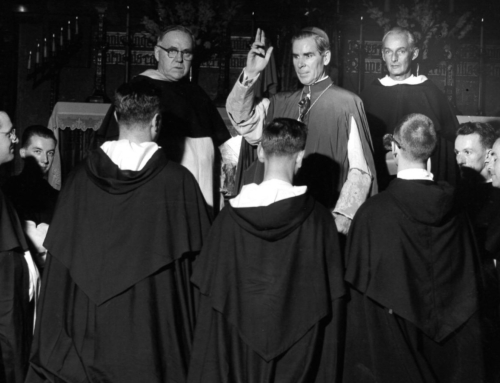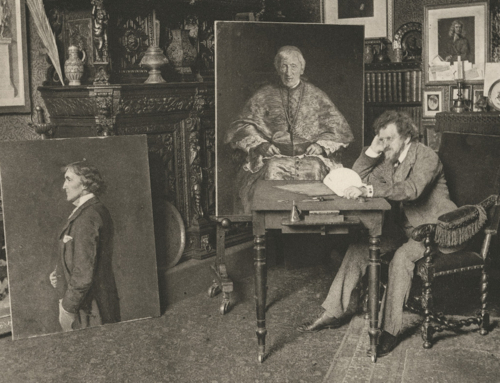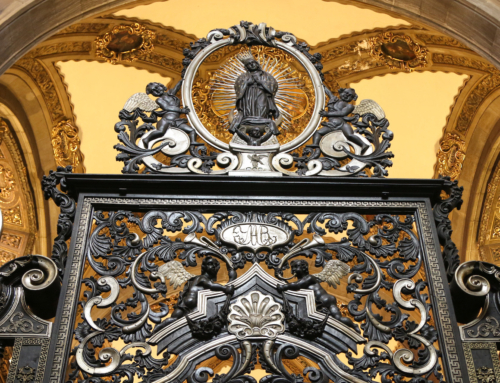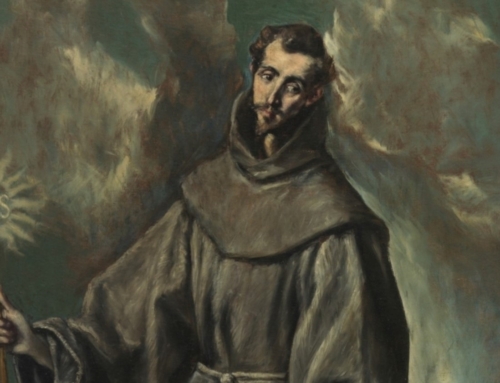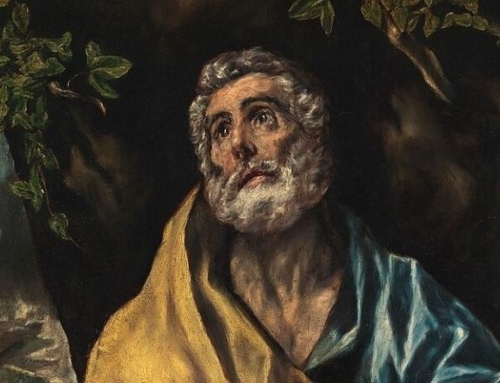If one part is suffering, all the rest suffer with it; it one part is treated with honor, all the rest find pleasure in it. And you are Christ’s body, organs of it depending upon each other. -1 Cor 12:26-27
The Christian Church has always been a suffering Church. From St. Stephen and the earliest Roman martyrs, to those 20th-century martyrs of ideological tyrannies, Christians have imitated Christ by loving God to the end. It’s no different today; as St. John Paul II wrote, “the Church has once again become a Church of martyrs.”
Today, Christians are persecuted and martyred for the faith, especially in the Middle East. Today, members of the Body of Christ suffer.
Do we suffer with them? We ought to, if we are together members of the one Body of Christ.
In many ways it is difficult to see our union with these contemporary witnesses. They may live on the other side of the globe, speak a different language, and worship in a different rite. We may feel very different from them. And in ordinary, human affairs, it would indeed seem impossible to suffer with them. We might feel pity, or sympathize in a removed and abstracted sort of way, or just read the newspapers and shake our heads. It seems that we cannot be so intimately united with them as to suffer with them.
The One Body of Christ is not merely a physical reality, however. Our unity in the Mystical Body of the Church is also a supernatural reality. When a Christian lives in Christ, through prayer and the sacraments, he is united to every other Christian in a way deeper than mere human rationality could imagine. We know this by faith, which means we don’t always feel it. To rephrase St. Peter, though you have not seen these persecuted Christians, you love them. Or at least, you ought to.
How do we love them, though? Most of us are not situated to meet or help someone on the other side of the world; sometimes Providence has ordered our lives such that we cannot give direct aid. So we help in indirect ways, for instance, by giving out of our possessions. One of the things the martyrs teach us is what really matters, and it’s not what we possess.
Principally, however, we love our fellow Christians through prayer. Through prayer we are united with them. We learn to suffer with their sufferings and rejoice with their joys. St. Thérèse, as a young Carmelite nun, struggled with this very challenge: she wanted to be one with the missionaries and martyrs even within the silence of the cloister. She found her place in the heart of the Church living a life of prayer, begging God for his love, for “were this love to fail, apostles would no longer spread the Gospel, and martyrs would refuse to shed their blood.” It is God’s love, but we as members and organs of the Body of Christ are united by that love the same way blood courses through the parts of the body. And God often chooses to act through our prayers to give His grace to other members of the Church. Our prayers are not sentimental, but efficacious. They work.
In a particular way, our prayers are effective in the Mass, when we participate in the one, eternal sacrifice and memorial of Jesus, the source and summit of every Christian life. And yet, how often do we attend Mass without recognizing the privilege? We go out of habit, to observe a precept. But there are many Christians who would die – and are dying – for the chance to participate in the Eucharistic sacrifice. We pray in their stead, we pray for them because they are not able to.
We pray constantly that Christ may bring peace to their homes. And if He has set aside for them the crown of martyrdom, we pray for their perseverance, that they may be made worthy to join those who went before them, those whom St. John beheld in a vision:
I saw there, beneath the altar, the souls of all who had been slain for the love of God’s word and of the truth they held, crying out with a loud voice, “Sovereign Lord, the holy, the true, how long now before thou wilt sit in judgment and exact vengeance for our blood from all those who dwell on earth?” Whereupon a white robe was given to each of them, and they were bidden to take their rest a little while longer, until their number had been made up by those others, their brethren and fellow servants, who were to die as they had died. (Rev 6:9-11)
Holy Martyrs of God, pray for the suffering Church.
✠

